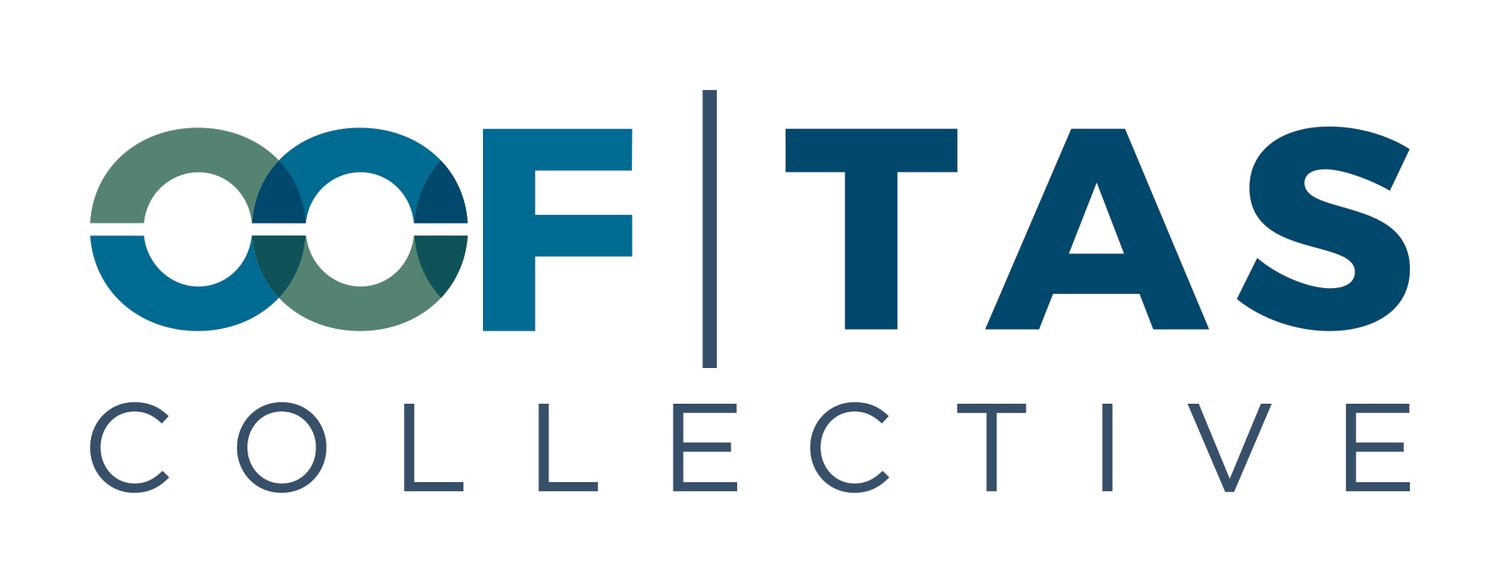The out-of-field phenomenon is gaining the attention of researchers and policy makers worldwide because of evidence showing that the teacher is a major determinant of student success.
The OOF-TAS Collective comprises a group of researchers and pratitioners from across the globe who are interested in the out-of-field teaching phenomenon.
We inform researchers, schools, teacher educators, parents, and policy makers of the issues relating to out-of-field teaching.
We collate research and activities responding to teaching out-of-field, and draw on the work of different research programs, professional learning activities, re-accreditation programs, and policy-related issues.
Other researchers, practitioners, and student researchers (Honours, Masters, PhD) with an interest in issues relating to teaching out-of-field and non-specialist teaching are invited to join the group.
The OOF-TAS Collective meets every year, usually before, during or after the European Conference for Educational Research (ECER). We sometimes meet as a symposium run separately to ECER, and sometimes as a symposium as part of the ECER program.
A call for abstracts for the OOF-TAS symposium will be released when ECER releases their call for submissions. Research students and other early career researchers are encouraged to be part of our symposium – we acknowledge that many of the groundbreaking work into OOF-TAS has come from PhD and Masters projects! If there are adequate numbers of research students, we will have a separate section for early career researchers.
Purpose and Scope of the OOF-TAS Collective Website
The strands of inquiry and activity included in this website are:
Incidence of out-of-field teaching, supply and demand, and attrition in different countries
Professional development and re-accreditation programs
Research exploring:
Impacts and related issues from the perspectives of various key stakeholders, such as teachers, school leaders and principals, parents, school children
School leadership
Governmental responses and policy directions
The practice of out-of-field teachers
Teacher learning, including pre-service and in-service teacher learning
Discipline-related issues, especially relating to school mathematics and science


